If you invest already, you might be familiar with the term ‘diversification’. But let’s take a closer look.
So what exactly is diversification in a portfolio?
In investing, diversification is when you spread the investments in your portfolio across asset classes (like bonds and equities), industries, and geographical locations with the aim of reducing the risk of loss.
Let’s look at each of these components in more detail.
Bonds vs Equity
Investing portfolios can range from being 100% equities, to various blends of bonds and equities, to 100% bonds.
Traditionally, bonds have always been thought of as being a ‘safe’ investment. This is because they are lower risk (compared to individual stocks for example), as they tend to be less volatile and go up and down a lot less. They can also be a source of passive income as you can receive regular interest payments when you own bonds. But as we saw in the Covid-19 pandemic, bonds can also experience volatility.
Industry area and sectors
These days you can invest in so many different industries and sectors. For example technology, consumer goods, utilities, communications, healthcare – the list goes on.
Different industries go up and down all the time depending on what’s happening in the world and how investors are feeling about the global market. Some industries are more high risk and therefore potentially high reward, while others are less risky and offer more stable and more consistent (but lower) returns.
Unless you are really gifted at crystal ball gazing (or you follow investing news closely every single day to stay on top of trends in the market) you can never really predict for sure which industries will do well at any given point in time. And this is why we diversify across different industries. When some industries aren’t doing well, others will be taking off, so it balances out your risk of loss.
Geographical location and markets
There are about 60 major global stock exchanges in the world, and plenty of smaller ones. They all vary in size and trading volume, and can be huge, international exchanges or teeny tiny local ones. (An exchange is just a fancy name for a marketplace where you can buy and sell assets like stocks, shares, ETFs, index funds and more.)
With so many countries participating in the global economy, and different global events happening every year that impact some geographical regions more than others, there will always be ups and downs in different markets at different times. This is why investors are encouraged to spread their investments across different regions. When some markets are down, others will be up, so it reduces your risk of loss overall.
Short and long-term investments
What you invest in, and the level of risk you want to take, depends on whether they are for short or long-term goals. If you choose a high-risk investment over the short term, the risk of loss will be higher. But if that investment does well, then the risk will have paid off and you’ll have the possibility of getting great returns in a short period of time. On the flip side, if the investment doesn’t do so well, you might get back a lot less than you originally invested.
While past performance isn’t a guarantee of future returns, history tells us that money invested over the long term has the potential to absorb and recover from any downturns in the market. We saw this with the Covid-19 market slump, and also with each previous financial crisis. One thing to note is that the time it takes to recover from these losses can be quite long, so you should make sure you’re only investing what you can also afford to lose or do without while the markets recover.
Diversification sounds complex – because it is!
Keeping the balance of all these factors in mind when investing can be a lot for one person to manage, between work, family, friends, hobbies, travel plans, catching up on your favourite TV shows, and having a social life. This is why many firms offer pre-made portfolios that do all of this work for you. They’ll either be recommended or you might be able to choose, but these portfolios take all the factors for diversification into account and then match them with your investing goals. (Learn more about investing with us here!)
*With investing your capital is at risk. Your investments may go down as well as up, and you may get back less than the amount you invested.
